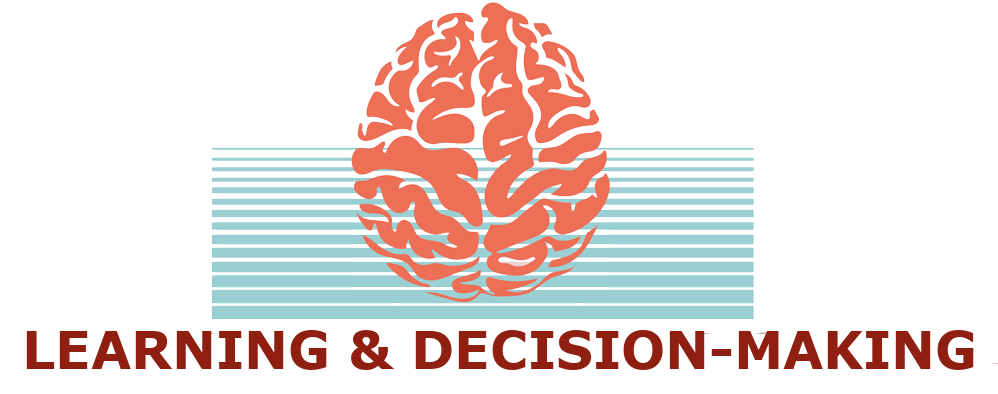Joining us - FAQ
Can I participate in your research?
You can see our current available studies under ‘participate’. You can sign-up to participate in research at the Donders Institute via Sona.
What do you look for in new lab members?
Admissions decisions are based primarily on your research experience and interests, your reference letters, and past academic performance. Having an idea of the sort of research you are interested in is important so that I can assess whether your interests are aligned with what we do. We usually look for applicants with:
a Master’s degree in cognitive neuroscience or a related field (psychology, biology, medicine, computer sciences);
a strong interest in fundamental research in the cognitive and affective neurosciences and/or its application in psychopathology, with a focus on decision making;
affinity with quantitative analysis approaches and programming, for example the use of Matlab, Python, R;
familiarity with neuroimaging techniques (fMRI, EEG-MEG), modeling, psychopharmacological and/or patient research;
fluency in written and spoken English.
Intervention and patients studies are a lot of work, so we usually work in teams - best if you enjoy that!
However, you don't need to score top marks on all of these points, as their relative importance will vary per project.
Are you accepting post-docs?
Even when we do not have open positions, we are always interested in fresh blood in the lab. Below are some good grant opportunities for postdocs. Please get in touch if you are interested in applying to one of these.
Veni Innovation grant: This 3 year fellowship is the 'main' Dutch grant for senior postdocs to transition to independence. The main requirement is that upon submission no longer than 3 years have past after you were granted a PhD. Deadline for pre-proposals is usually early September, and full proposals early January. For more information see NWO website .
HFSP Post-doctoral Fellowship: 3 Year postdoctoral fellowship, for information see here.
Marie-Curie Post-doctoral Fellowships: 2 Year postdoctoral fellowship, for information see here.
Branco Weiss Fellowship: Up to 5 year fellowships, apply until 5 years post PhD. see here.
AXA Post-doctoral Fellowships: 2 Year postdoctoral fellowship, until 5 years post PhD, for information see here.
Overview of further postdoctoral funding: ECRcentral
Are you accepting graduate students?
We do not have a graduate program that students can enroll in. Opportunities to be a graduate student in the lab are advertised via the institute vacancy page. Feel free to get in touch to enquire about future opportunities or potential fellowships to apply for. Check out the Donders Institute Vacancies.
Can I work as a research assistant in your lab?
Research assistantships come up irregularly; position will be advertised via Donders Institute Vacancies. If you are interested, do get in touch to enquire about opportunities.
Do you accept undergraduate or MSc interns?
We are always interested in enthusiastic and motivated interns!
Given the labour intensive nature of most of our (imaging, psychopharmacology or patient) studies, intern projects are nearly always embedded within ongoing projects of PhDs/ postdocs, though smaller scale projects can be executed independently.
The minimum duration for an internship is 6 months full-time equivalent
For your internship it will really help you if you have good computational/ programming skills, e.g. Matlab, Python, R
To enquire about internship opportunities, please mail a brief CV and motivation to Hanneke
What are the training opportunities at the Donders Institute?
The Donders Institute hosts a 2 year Cognitive Neuroscience Research MSc programme. This programme combines excellent courses with lab rotations in at least 3 labs and a 1 yr master thesis internship (which you can do in our lab). For questions, check out the website or shoot Hanneke an email for internship-specific questions
